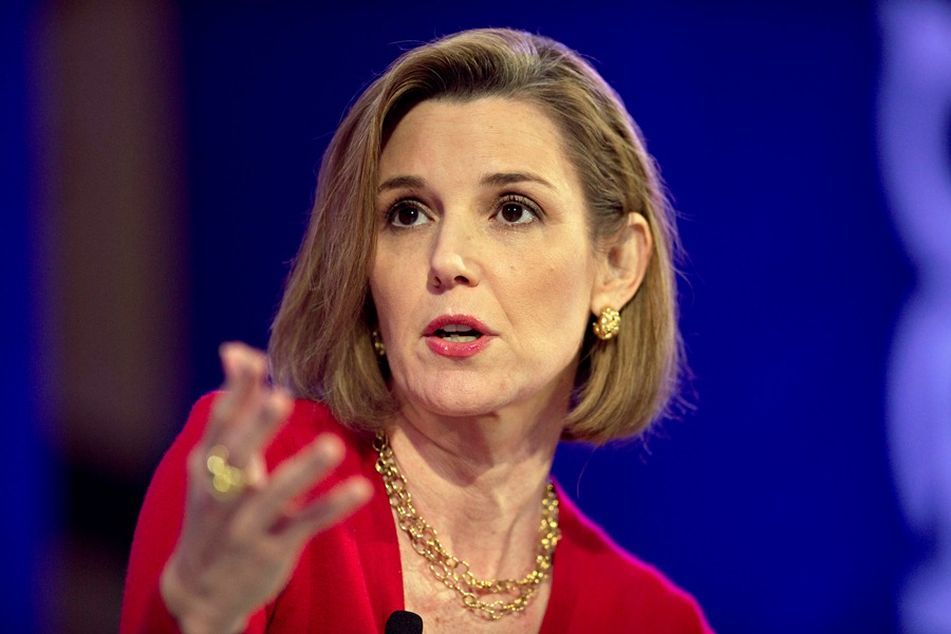Sallie Krawcheck: Don’t underestimate robo-advisers

Sallie Krawcheck says online advice industry is filling a gap in the marketplace.
Former Merrill Lynch boss Sallie Krawcheck said Monday that the financial press are underestimating the potential impact of digital wealth managers by using what she regards as the derogatory term robo-advisers.
Ms. Krawcheck, a former board member of online adviser startup Motif Investing Inc., noted the millions of dollars online money managers have raised in venture capital from firms such as Goldman Sachs & Co. and JPMorgan Chase & Co. She said the smart money recognizes that the companies are reaching new clients and delivering consistent service, available around the clock.
“Clearly they are seeing something,” Ms. Krawcheck said. “What they’re seeing today are significant groups of clients — millennials — who are not being served. That doesn’t sound as bad as robo-adviser, does it?”
Wealth managers face a number of challenges including proprietary technology, regulation, compliance units and public shareholders, Ms. Krawcheck, the former head of the brokerage units at Citigroup Inc. and Bank of America Corp.’s Merrill Lynch, pointed out at the IMCA 2015 New York Consultants Conference.
“It’s tough to innovate at big companies,” said Ms. Krawcheck, who identified the ATM as the last major banking innovation.
She proposed looking at the options broadly, from firms like HelloWallet — acquired last year by financial-technology giant Morningstar Inc. — which uses data to drive better outcomes for investors.
Ms. Krawcheck disputed the idea that the venture-capital firms invested in the space are overextended: “There’s no bubble at all,” she declared.
The remarks come as advisers continue to wrestle with how to incorporate digital wealth offerings into their businesses, and whether to perceive online upstarts as competitors.
Jeffrey Levi, a consultant at Casey Quirk who also spoke at the conference, said the potential for direct-to-consumer online money managers to compete with financial advisers is limited, at least in the short term, because of the firms’ high cost of acquiring new clients and their clients’ limited number of assets.
“I’m not bullish on this completely disrupting the [financial adviser] market in the United States,” he said.
Learn more about reprints and licensing for this article.




